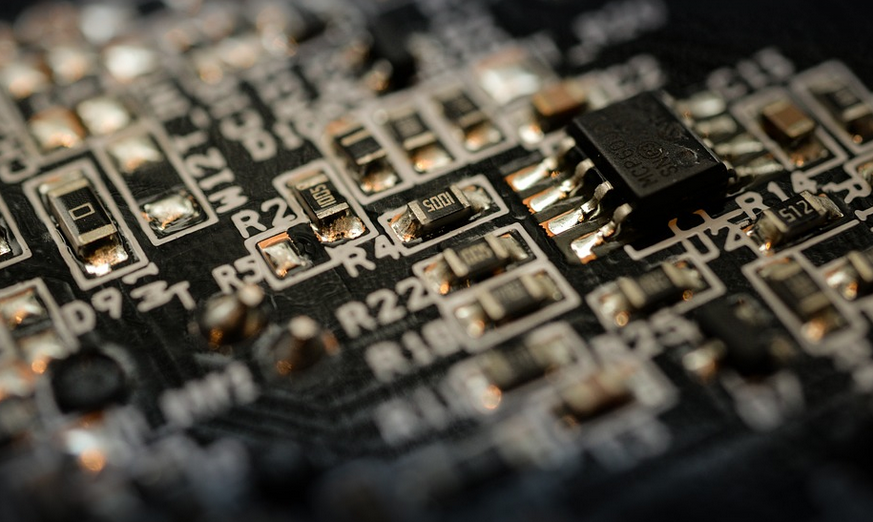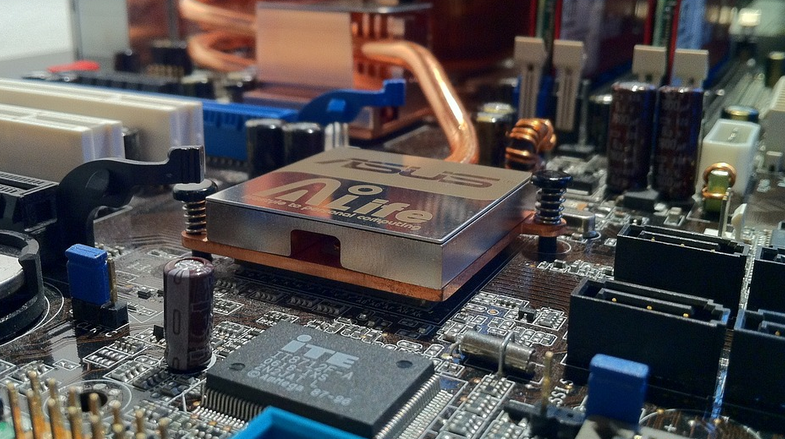A Closer Look at the Relationship Between Battery & Engine Temperature
Ever experienced your car’s engine fan kicking in, even when you just started it up? Or perhaps you’ve noticed a sudden increase in temperature while driving, even on a mild day? If you’ve ever wondered if a low battery could be the culprit behind this odd behavior, you’re not alone. It’s a question that pops up for many car owners, and the answer isn’t as straightforward as it seems.
The short answer is: yes, a low battery can contribute to overheating. But it’s not always the direct cause. It’s more about how a low battery affects your car’s electrical system, which then impacts its cooling capabilities.
Car engines are complex machines, and they require a constant flow of energy to function properly. This energy is primarily supplied by the alternator, a vital component that converts mechanical energy from the engine into electricity. When it works efficiently, the battery acts as a backup power source in case the alternator isn’t producing enough juice.
But what happens when your car’s battery loses its charge? The alternator, unable to generate sufficient power, struggles to keep up with the demands of the electrical system, including the cooling fans. This results in reduced engine efficiency and a higher risk of overheating.
Understanding How Low Battery Affects Car Cooling
The intricacies of car cooling systems can be quite complex, but let’s break down how a low battery affects it. The primary cooling mechanism in most cars is the water pump connected to the radiator. This pump circulates coolant — usually a mixture of water and ethylene glycol — through the engine block to dissipate heat.
A low battery can negatively affect this process, as the electrical system relies on a continuous supply of power from the alternator to operate the water pump effectively. When the battery is low on charge, it loses its ability to provide enough power for the pump to function correctly. This results in reduced coolant circulation, leading to a build-up of engine heat.
Imagine your car as a giant oven, and the radiator as a chimney that helps dissipate the heat. The battery acts like the ignition switch, controlling the flow of energy to turn on the oven’s fan. When the battery is low, the fan won’t start properly, leading to a hotter engine.
The lack of proper coolant circulation can also affect other critical components in the car’s cooling system, such as the thermostat and water pump. These components play crucial roles in regulating the cooling process, but their functionality is directly influenced by the battery’s charge level.
What are the signs of a Low Battery Affecting Overheating?
Here’s where it gets even more intricate: sometimes, you might not experience direct overheating right away. But there are subtle indicators that your car’s battery is struggling, and this could be leading to potential overheating issues.
First, note how long your engine fan keeps running after starting the car up. If it’s longer than usual, or if the fan starts spinning intermittently, it might indicate a problem with your electric system, likely linked to the battery’s charge level.
Next, check for abnormal changes in your vehicle’s temperature gauge. A sudden spike in temperature even when the car is idling can be a sign of an electrical system issue. If you notice any unusual increase in your engine temperature, especially during driving or after starting the engine, it’s essential to investigate further.
Lastly, if the battery warning light on your dashboard turns on, this is a clear indication of a low charge and might be contributing to overheating issues. Remember, these are just potential symptoms; however, it’s best to consult with a trusted mechanic for accurate diagnosis if you suspect a problem.
How Can I Prevent Overheating Caused by Low Battery?
Preventing overheating due to a low battery requires some proactive measures to keep your car’s electrical system in tip-top shape. Here are some key steps:
First, ensure your car’s alternator is functioning properly and not struggling under the strain of the engine. If you notice unusual humming or noise when turning on your car, it might be a sign that your alternator needs replacement or repair.
Second, keep your battery clean and in good condition. A corroded or damaged battery can significantly impact its charging ability, leading to reduced power and increased risk of overheating. Regularly cleaning the terminals with baking soda and water will help ensure proper electrical conductivity.
Third, it’s crucial to have a good understanding of your car’s electrical system. If you’re experiencing any unusual problems like frequent battery light illumination or engine overheating, consult with an expert mechanic. A professional diagnosis can help pinpoint the root cause and recommend appropriate solutions.
Key Takeaways
Just remember, low battery isn’t always the culprit in every instance of car overheating. However, it’s essential to be aware of its potential impact on your vehicle’s cooling system and take necessary preventive measures to avoid any potential issues.
By understanding these factors and taking proactive steps like regular maintenance and proper battery care, you can ensure that your car’s engine keeps running cool and smoothly, for years to come.


